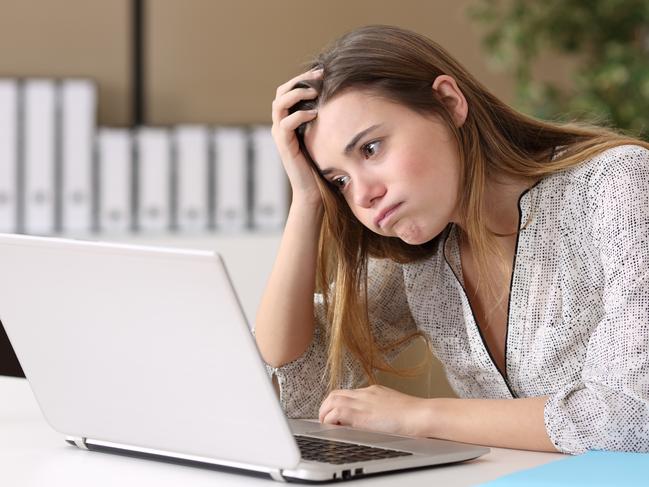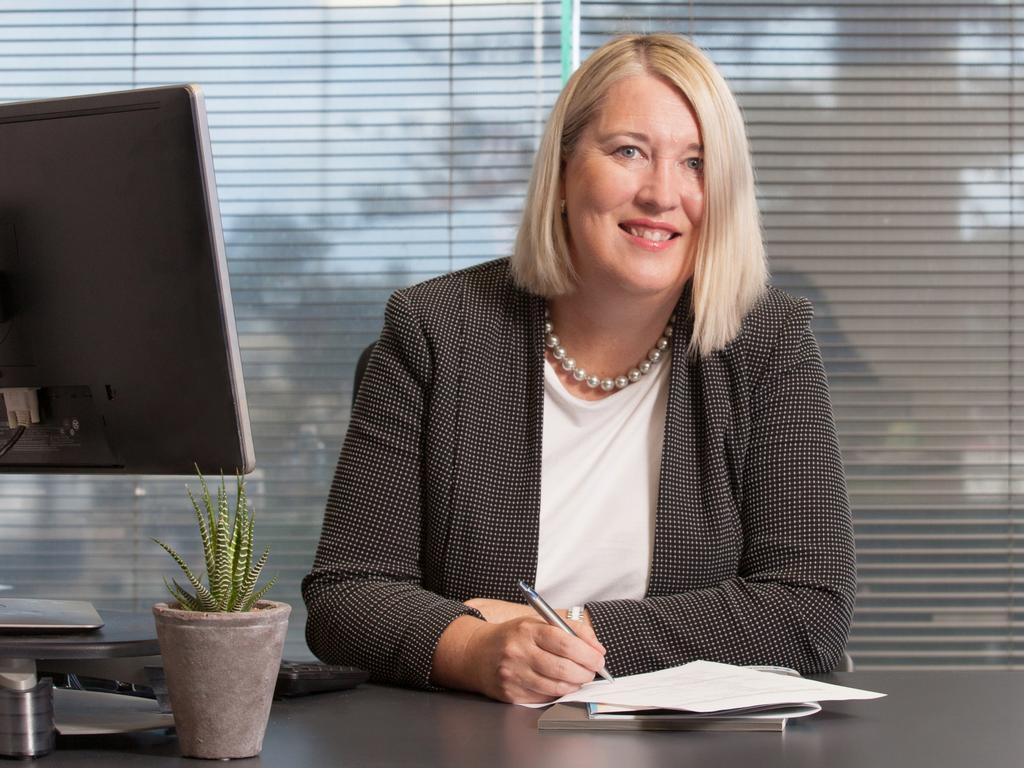World Mental Health Day: How different industries have fared since COVID-19
The mental health of Australia’s workforce has taken a hit amid the COVID-19 pandemic – and not all industries have fared equally. Here are the biggest causes of stress.
SmartDaily
Don't miss out on the headlines from SmartDaily. Followed categories will be added to My News.
The mental health of Australia’s workforce has taken a hit amid the COVID-19 pandemic
– and not all industries have fared equally.
New research from recruiter Hays in the lead up to World Mental Health Day on October 10 reveals resources and mining professionals are in the best headspace, with 87 per cent rating their current mental health and wellbeing as either “positive” or “neutral”.
At the other end of the scale, however, this applies to just 55 per cent of sales professionals.
Alarmingly, the Hays Barometer Report, which will be released next week, shows a quarter (24 per cent) of Australians across the workforce now rate their mental health as “negative”.
Research from Allianz also reveals disparity between industries and how they address the topic of mental health.

The Future Thriving Workplaces report finds people in the information technology, education and academia, and health and medical industries are most likely to say their employer has a very good understanding of the impact of mental health issues on their work and quality of life.
Tourism and hospitality workers and retail workers, on the other hand, are particularly likely to believe the opposite.
A national study by insurance and risk management advisory Gallagher finds more than half of the country’s workers received no support from their employer during the first wave of the pandemic, despite almost three quarters facing workplace disruption such as redundancies, stand downs, forced annual leave, reduced working hours and pay cuts.
Gallagher Benefit Services chief executive Graham Campbell says although the research shows workers still have a mostly positive outlook, the height of the economic crisis is yet to come.
“Employers will need to step up as the recession takes a further toll on Australians’ personal and financial wellbeing,” he says.
Unemployed Australians are also struggling as a result of the pandemic.
Not-for-profit employment and community services organisation Workskil Australia reports the portion of their clients who identify as having a mental health condition has increased by 30 per cent in the past year.

Workskil chief executive Nicole Dwyer says a lot of people who have lost their job during the pandemic are stressed about their finances or ability to find new work.
“On top of that, there are some isolation factors where people have not been able to access their normal health support … (or) the normal support networks they usually have,” she says.
“There is a lot of general fear and it has overwhelmed some people.”
Dwyer says workers and jobseekers need to look for early warning signs of poor mental health then reach out for help.
“Are you sleeping well? Eating well? Have you got some support networks around you?” she says.
“Make sure you keep tabs on yourself.”
MORE NEWS
Why you must act now if you want to access early super
How to get a hospitality job, despite the pandemic
Amanda Rose: What to do if your work friend is fired
For Newcastle-based artist Susana Enriquez, the pandemic was the final straw in a series of setbacks that left her unable to paint and find work.

“First it was the bushfires, then the floods, later my close friend passed away and, on top of
that, the social isolation of COVID-19,” she says.
“My painting workshops were cancelled and I was struggling to maintain the motivation to find extra work.
“This overwhelming sense of loss got too much and I found myself in a deep depression.”
Enriquez enrolled in a technology course run by Workskil Australia with the aim to improve her work prospects as art teaching hours dried up.
“I’ve been able to redefine my life and work goals and get back to painting,” she says.
“Being an artist in the current economic climate is hard but it’s my life’s passion and it feels great to be productive again.”
WHAT AUSTRALIANS SAY IS CAUSING WORK STRESS
24% Lack of separation between work and life
22% Feeling isolated or disconnected from co-workers
22% The inability to socially distance or worry about getting COVID-19 while at work
21% An unmanageable workload and/or work hours
16% Too many meetings
16% Lack of insight into current priorities for the business
15% Having to retrain or learn how to do my job differently, or learning a new job
14% Balancing childcare or homeschooling with work
14% A lack of access to right or reliable technology
14% Not enough focus time
11% Not enough one-on-one time with my manager
Source: Microsoft Work Trends Index


